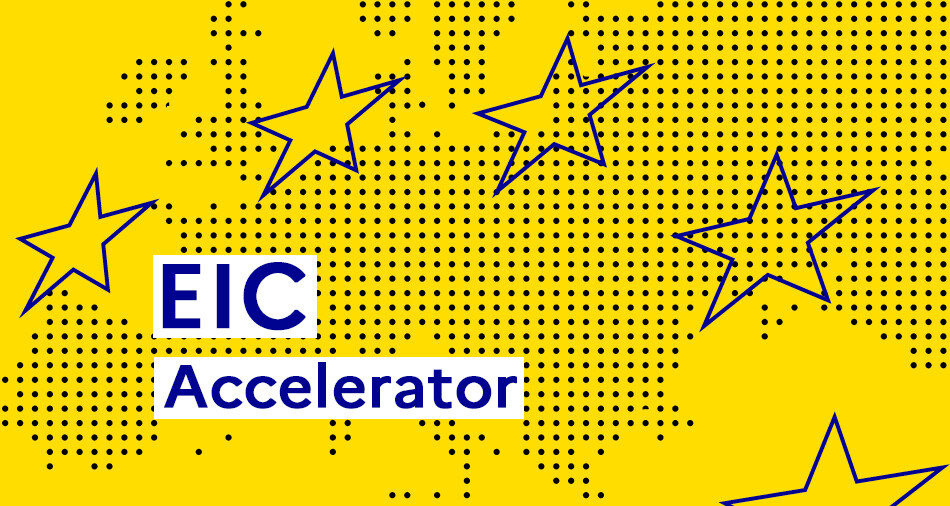ExpectedOutcome:
This topic will contribute to the achievement of the mission’s goal through a better understanding of the impact of risk factors[1] and health determinants on the development and progression of cancer (including metastasis). The focus should be on poorly understood[2] cancers and cancer subtypes, including in children and adolescents. To that end, proposals under this topic should aim for delivering results that are directed, tailored towards and contributing to all of the following expected outcomes
- Researchers and health professionals will understand which risk factors and determinants spur the development and progression of cancer and how. This forms the basis for the design and optimisation of prevention, screening and early detection interventions for poorly understood cancers and cancer subtypes, including in children and adolescents.
- Researchers and innovators from different disciplines and sectors will support the development of the UNCAN.eu[3] platform by producing, integrating and correlating comprehensive data from multiple sources (ensuring accessibility and re-usability of data, models and tools created).
Health Policy Makers use the improved understanding of risk factors and determinants in the design of cancer-related health policies in the EU-27 and Associated countries and beyond, including for prevention, screening and early detection.
Scope:
Despite important progress, overall understanding of cancer remains incomplete, for both common and rare cancers and the growing number of cancer subtypes, including in children and adolescents. This requires a new dimension and level of investment in innovative research, including high-potential, potentially disruptive and high-risk projects. There is a need to better understand which risk factors and determinants affect the development and progression of cancer and how.
Proposals should address all of the following:
- Develop a systematic understanding of cellular processes with a focus on the transition from a healthy state to cancer initiation and progression, at the individual or population level.
- Demonstrate access to and use of multiple comprehensive databases in and well beyond health research and health domains, such as lifestyle, omics, clinical, indoor and outdoor exposure, environmental, urban areas and sprawl, climate, agricultural crop and land use, geo-positioning, and remote sensing. Proposals should build on longitudinal cohorts, case-control studies, biobanks, registries and many other initiatives[4], and use state-of-the art digital tools for data analyses and modelling, wherever possible.
- Analyse and integrate existing knowledge and high-quality data from biomedical and clinical studies, using advanced technologies such as computer modelling, AI and machine learning with the objective to identify factors and determinants triggering the transition from the healthy state to the initiation and progression of poorly understood cancers and cancer subtypes, including in children and adolescents.
- The influence of age, including in utero and early-life factors and determinants; environmental factors; genetic and epigenetic risk; socio-economic status; behavioural, including lifestyle risk factors; as well as social, cultural, sex and gender aspects including inequalities, should be taken into account across all aspects mentioned above.
- Due consideration should be given to newly EU-funded initiatives such as the Knowledge Centre on Cancer, HealthyCloud, EOSC-Life, the European Health Data Space (EHDS) Joint Action, 1+ Million Genomes / Beyond One Million Genomes (B1MG), the future Innovative Health Initative and EIT Health Knowledge Innovation Community initiatives[5]. Links with topic HORIZON-INFRA-EOSC-2021-01-06 objectives (FAIR and open data sharing in support of cancer research) are encouraged as well as with topic HORIZON-INFRA-SERV-2021-01-01 (Research infrastructures services to support research addressing cancer). Successful applicants will be asked to liaise with these different initiatives where applicable[6], with the Commission acting as a facilitator.
- The funded actions should develop synergies with the Partnership for the Assessment of Risk from Chemicals (PARC), the “Human Biomonitoring 4 EU” initiative (HBM4EU)[7] and the European Human Exposome Network[8].
All projects funded under this topic are strongly encouraged to participate in networking and joint activities with other ongoing projects under the mission on cancer and other cancer relevant projects, as appropriate. These networking and joint activities could, for example, involve the participation in joint workshops, the exchange of knowledge, the development and adoption of best practices, or joint communication activities. This could also involve networking and joint activities with projects funded under other clusters and pillars of Horizon Europe, or other EU programmes, as appropriate. Of particular importance in this context is topic HORIZON-MISS-2021-COOR-01-01, “Coordination of complementary actions for missions”.
The Commission may facilitate Mission-specific coordination through future actions. Therefore, proposals should include a budget for the attendance to regular joint meetings and may consider covering the costs of any other potential joint activities without the prerequisite to detail concrete joint activities at this stage. The details of these joint activities will be defined during the grant agreement preparation phase and project duration. In this regard, the Commission will take on the role of facilitator for networking and exchanges, including with relevant initiatives and stakeholders, if appropriate.
Cross-cutting Priorities:
Artificial IntelligenceEOSC and FAIR data
[1]Relevant risk factors include both internal and external ones, such as genetic predisposition, those in the environment, at work, because of pollution (chemicals, noise, air, radiation, etc.), lifestyle, diet, physical inactivity, obesity, nutrition, microbiota, infectious agents, etc. At all stages of cancer, across all age and societal groups.
[2]Includes refractory cancers and cancer subtypes, at any stage of the disease in any age group and part of society, with a 5-year overall survival less than 50% from time of diagnosis.
[3]Under the mission work programme a Europe-wide platform, UNCAN.eu, will be established, utilising existing, relevant research infrastructures. The platform should enable integration of innovative models and technologies with longitudinal patient data, samples and biomarkers for identification and translation to patients.
[4]Many retrospective, prospective cohorts, case-control studies and initiatives -in health and well-beyond health- at local, regional, national, European and international level, exist.
[5]https://eithealth.eu/who-we-are/
[6]Applicants are not expected to contact these initiatives before the submission of proposals.
[7]https://www.hbm4eu.eu/
[8]https://www.humanexposome.eu/





